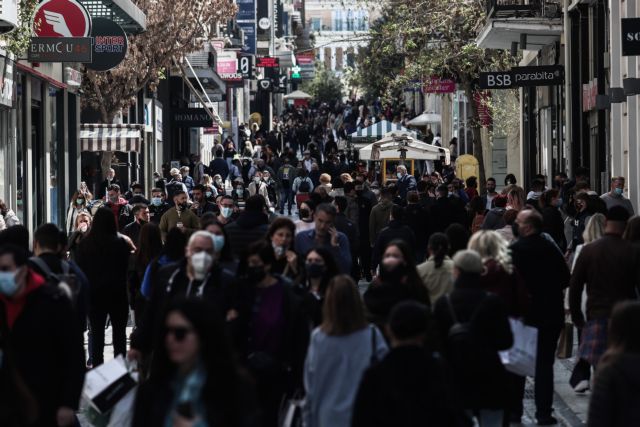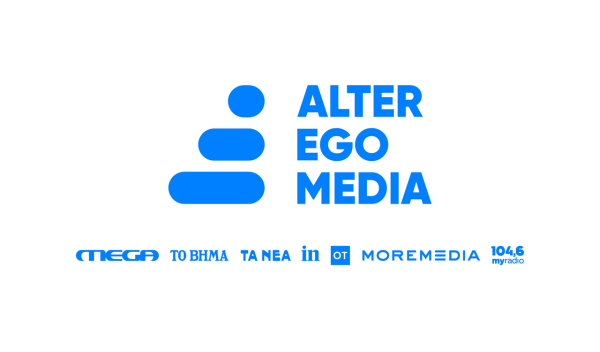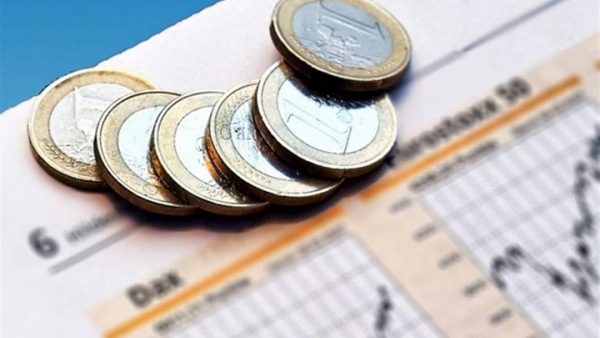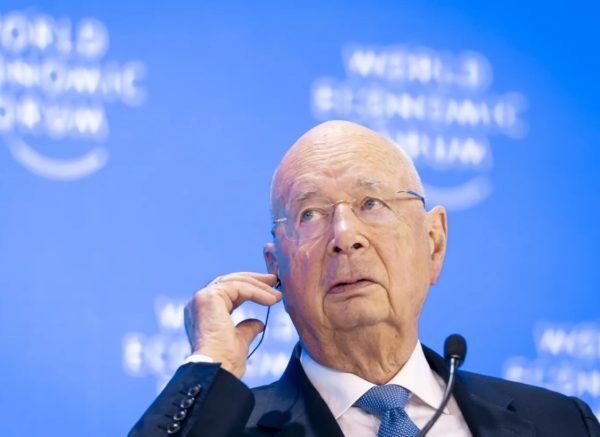
More and more citizens are willing to get the vaccine, according to the findings of a new survey by diANEOsis, in collaboration with the polling company Metron Analysis, which recorded the attitudes and views of Greeks, in the period 5-14 October 2021, for vaccinations and the effects of the pandemic on their lives.
According to the content director of diANEOsis, Thodoris Georgakopoulos, 77% of the research sample (which includes only citizens over the age of 17 who speak Greek) state that they have received even one dose of the vaccine (from 39% in May 2021) while 75% are fully vaccinated.
Eighty-one percent of those vaccinated say they will do the repeat (or “booster”) dose of the vaccine when given the opportunity.
Interestingly, the percentage of those willing to get the repeat dose is very high in all age groups – including the 17-24 group (77%). It is noted that at the time of the survey, 9% of Greeks said they had contracted Covid (up from 6% in May 2021).
The attitude of the Greeks regarding the vaccination of children is also remarkable. In May 2021, shortly before European Medical Association (EMA) approved the use of the vaccine for children aged 12 and over in Europe, 58.1% of Greek parents said they would not vaccinate their children. Today, however, 6 out of 10 parents of children over the age of 12 say their children have either already been vaccinated (38%) or are about to be vaccinated (20%). At the same time, of the parents of children under the age of 12, only 1 in 3 say that their children will be vaccinated when the vaccine is approved for them as well. Also, 1 in 5 say they have not decided yet and almost half (46%)that their children will not be vaccinated. It is noted that the vaccine for children aged 5-11 has been approved in the US, while the relevant decision of EMA for EU countries is expected in the coming weeks.
The research shows that the percentage of vaccinated people increases with age and educational level, while less than 65% of vaccination rates are shown only by farmers, the unemployed, those who declare their profession as “domestic” and those who live in areas with less than 2,000 residents.
Of those who have been vaccinated, 58% say they decided to do it on their own, while 1 in 4 say they were motivated by their doctor. Moreover, 1 in 4 vaccinated persons state that at first they had decided not to be vaccinated, but then changed their mind.
Respectively for the unvaccinated (which is 23% of the total), the same percentage (58%) state that they decided not to be vaccinated on their own. 1 in 5 say they were affected “by what they read or heard” and only 1 in 10 were motivated not to get vaccinated by their doctor. Of this 23%, however, about half said they had decided not to be vaccinated from the beginning, while the other half said they had intended to be vaccinated, and changed their minds. More than half of those who are not vaccinated today say they will not be vaccinated (“probably not” and “definitely not”). This is 15% of the total sample. When asked if they would be vaccinated if vaccination became mandatory for all, 41% of those who were not vaccinated (a proportion of about 800,000 people) said no.
Regarding the obligation and the rights of those vaccinated / unvaccinated in society, the vast majority of citizens are in favor of the obligation for some groups of the population. 7 out of 10 citizens think that vaccination should be mandatory for teachers, another 7 out of 10 believe the same for uniformed personnel, while 3 out of 4 believe that it should be mandatory for health professionals. However, only a little over half – of the total sample – believe that vaccination should be mandatory for all citizens. 7 out of 10 vaccinated people believe that their unvaccinated fellow citizens “are not well informed” and that “there are experts who consciously mislead them”. 6 in 10 say that “their behavior is anti-social” and 4 in 10 that “they are dangerous and should be avoided”. At the same time, however, 7 out of 10 vaccinated persons believe that it is “their right” not to vaccinate those who have not been vaccinated. It is noted that half of the Greeks believe that every citizen has the right to request services only from vaccinated persons – the other half disagree.
Return to normal daily life
At the same time a form of normal everyday life is now evolving, in certain aspects of social and economic activities. According to the survey, 83% of employees now work normally in their workplace and only 10% now work part-time. It is noted that in April 2020 only 1 in 4 Greeks worked normally in their workplace – another 1 in 4 worked part-time and the rest were in some form of work suspension or leave.
The individual findings show that Greek citizens are divided into two categories: half believe that Greece is heading in the right direction, while the rest believe the opposite.
However, not all subgroups of the population are equally divided. An important factor that differentiates the result is age: citizens over the age of 65 are more than twice as likely to think we are heading in the right direction as their peers who think otherwise. At the ages of 17-39, however, the percentages are just the opposite. The attitude of younger people is generally more pessimistic about almost all pandemic issues, which is confirmed by other research and other issues, and deserves further investigation. It is also worth mentioning that half of the vaccinated citizens think that we are going in the right direction, while 7 out of 10 unvaccinated people think that we are going in the wrong direction.
Uncertainty (40%) and insecurity (31%) and lastly shame (7%) and self-confidence (5%) are the dominant emotions among Greeks, according to the survey. In general, as has been seen from previous surveys, the majority of Greeks view the phenomenon as something important – from the beginning of the crisis, even with their answers, they show that they take the threat seriously. Three out of four believe that Covid-19 is a “serious threat” to their health, while only 1 in 5 think it is a “common simple disease”. 13.5% of those vaccinated think it is “a simple disease” – but the corresponding figure for those who have not been vaccinated is 51.2%. According to the research, the realism of their attitude has come from the denial of the expectations they had in the early stages of the pandemic, for a quick return to normalcy. It is noted that at the beginning of the crisis, in April 2020, the majority of Greeks believed that we would have returned to a “normal daily life” by September 2020. Now half of Greeks (47%) believe that we will return to a “normal” everyday life “after 2022.
65% of Greeks consider “very” or “quite possible” that new mutations will lead to a new burden of the pandemic in the future. At present, about 2 in 3 Greeks consider it “not so likely” or “not at all likely” that we will be led to a lockdown again (however, almost half of the unvaccinated citizens, on the contrary, believe that we will be led to a lockdown). At the same time, however, 2 in 3 Greeks believe that “the worst is over”, and only 1 in 4 believe that “more difficult days are coming”. The results for this question are more or less similar regardless of age and almost the same for vaccinated and non-vaccinated.
A series of questions about the mental and physical health of Greeks in this period were added to the research – in comparison with corresponding data from the pre-pandemic period. Among other things, today 1 in 4 Greek men and women state that in the last 12 months they have experienced anxiety disorders (panic attacks, anxiety) and 1 in 10 that they have depression. 1 in 5 that they have had sleep disorders and also 1 in 5 that they felt melancholy, depression, or despair – a percentage almost double that shown in a similar ELSTAT survey from 2019. The percentage of people aged 17-24 who say they felt melancholy, depression or despair in the last year reached 44%.
Latest News

IMF: US Tariffs Shake Global Economy, Outlook Downbeat
IMF slashes global growth forecast to 2.8% as U.S. tariffs create uncertainty and ‘negative supply shock

First Step Towards New Audiovisual Industry Hub in Drama
The project is set to contribute to the further development of Greece’s film industry and establish Drama as an audiovisual hub in the region

Airbnb Greece – Initial CoS Ruling Deems Tax Circular Unlawful
The case reached the Council of State following annulment applications filed by the Panhellenic Federation of Property Owners (POMIDA)

Mitsotakis Unveils €1 Billion Plan for Housing, Pensioners, Public investments
Greek Prime Minister Kyriakos Mitsotakis has announced a new set of economic support measures, worth 1 billion euros, aiming to provide financial relief to citizens.

Alter Ego Ventures Invests in Pioneering Gaming Company ‘Couch Heroes’
Alter Ego Ventures' participation in the share capital of Couch Heroes marks yet another investment by the Alter Ego Media Group in innovative companies with a focus on technology.

Corruption Still Plagues Greece’s Driving Tests
While traffic accidents continue to claim lives on Greek roads daily, irregularities and under-the-table dealings in the training and testing of new drivers remain disturbingly widespread

Pope Francis Died of Stroke and Heart Failure Vatican Confirms
As news of the official cause of death spread, tributes poured in from across the globe. The 1.4 billion-member Catholic Church is united in grief, remembering a pope who championed inclusion, justice, and compassion

Increase in Both Museum Visits, Revenues for 2024
As expected, the Acropolis was the top archeological site in the country, followed by Sounion, Mycenae, the ancient theater of Epidaurus, and Vergina in northern Greece

Where Greece’s Tourists Come From: A Look at 2025’s Top Visitor Markets
The United Kingdom continues to hold the top spot as the largest source of incoming tourism, with 5.6 million seats booked for Greece this summer — up 2.2% from last year. This accounts for 20% of all international air traffic to Greece

Pope Francis: A Pontiff Who Reshaped the Papacy and Sparked a Global Conversation
His first words from the balcony of St. Peter’s Basilica—“Brothers and sisters, good evening”—set the tone for a pontificate that would challenge norms, favor mercy over dogma, and bring the papacy closer to the people.












![Πλημμύρες: Σημειώθηκαν σε επίπεδα ρεκόρ στην Ευρώπη το 2024 [γράφημα]](https://www.ot.gr/wp-content/uploads/2025/04/FLOOD_HUNGRY-90x90.jpg)



![Ξενοδοχεία: Μεγάλο το ενδιαφέρον για επενδύσεις στην Ελλάδα – Η θέση της Αθήνας [γραφήματα]](https://www.ot.gr/wp-content/uploads/2025/03/Athens-hotels-90x90.jpg)
























 Αριθμός Πιστοποίησης
Αριθμός Πιστοποίησης